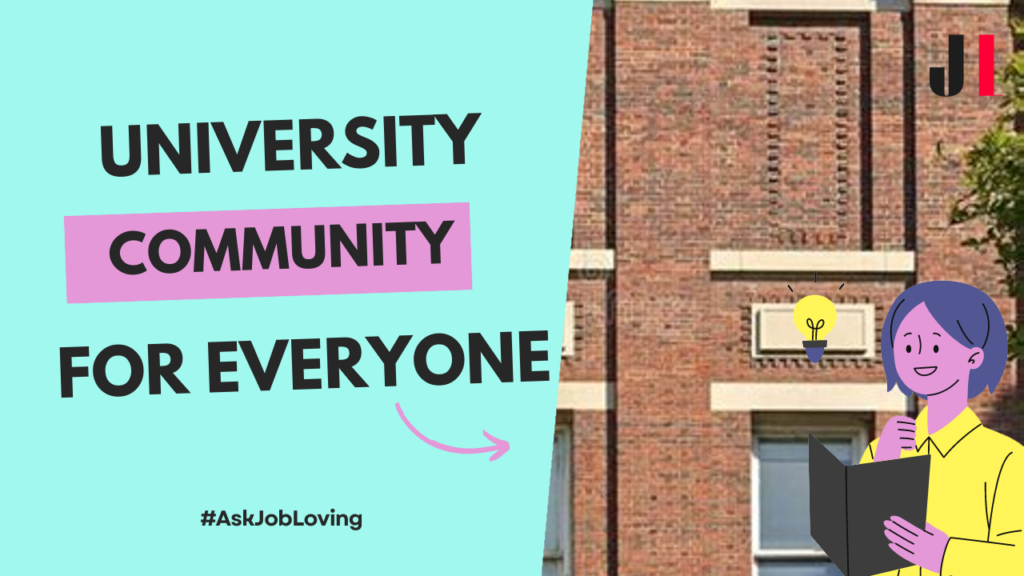Is Columbia University Private Property?
When it comes to iconic universities in the United States, Columbia University always makes the list. Located in New York City, it not only stands tall academically but also as the largest private landowner in the city. So, is Columbia University private property? The straightforward answer is yes; Columbia University is indeed a private institution, and as such, it operates under different regulations compared to public universities.
Being a private university means that Columbia holds unique rights regarding its property. It can develop and manage real estate, control access to its facilities, and set policies that might not be prevalent in public institutions. This distinction has substantial implications, especially considering the university’s sprawling campuses and extensive real estate portfolio.
The Benefits of Being a Private Landowner
You might wonder, why does being a private property owner matter? Well, Columbia enjoys significant financial perks because of its status. For instance, primarily due to its tax-exempt status as a nonprofit educational institution, the university saves a staggering amount—over $182 million annually, according to an analysis from The New York Times. While it may seem unfair that they also don’t pay property taxes like residential buildings do, it’s crucial to understand that this arrangement allows them to funnel resources back into educational facilities and community outreach.
This financial freedom empowers Columbia to act more like a real estate developer than just an educational establishment. It has been acquiring properties throughout New York City for years and now owns well over 50% of certain neighborhoods around its campus. Moreover, during school days, while their classes and buildings may not be ‘open’ to the public in a traditional sense, it’s common for visitors to stroll through without being stopped or needing ID. This accessibility reflects a balance between being a private entity while still engaging with the local community.
Conclusion: The Status of Columbia University’s Property
In conclusion, Columbia University is very much private property—defined by its ownership and the liberties it enjoys compared to public institutions. With its profound influence on New York City’s landscape, both physically through real estate ownership and financially through tax exemptions, Columbia stands as a significant player in both education and urban development. If you’re curious about how colleges manage their properties or any related queries on real estate laws affecting educational institutions, feel free to reach out for deeper insights!
If you need further assistance or resources about is Columbia University private property, connect with us at the JobLoving community! We’re here to help!

